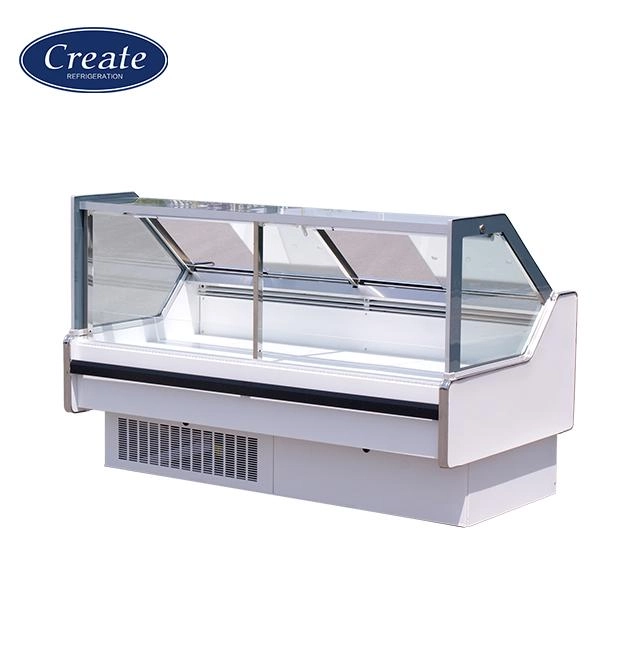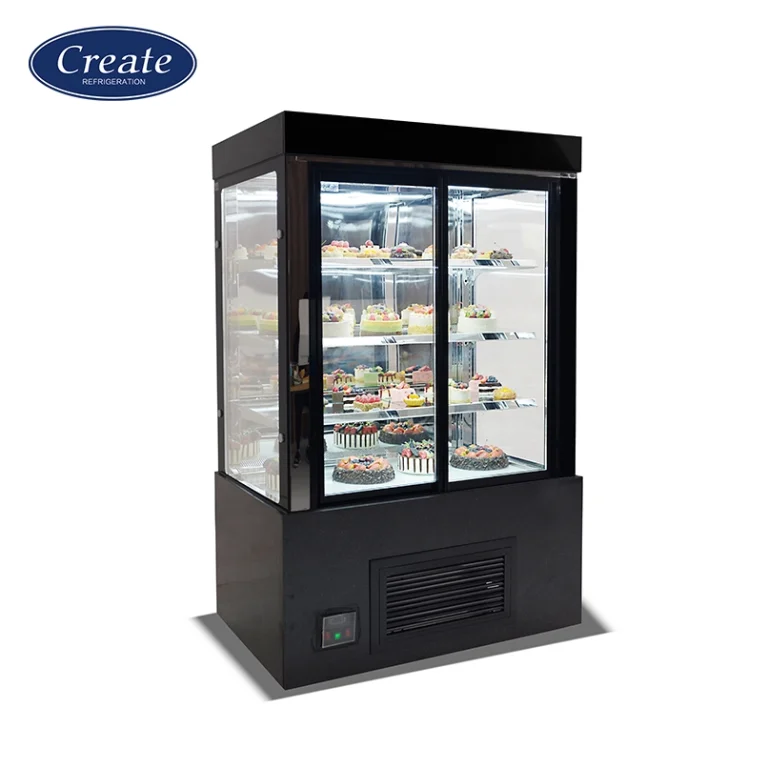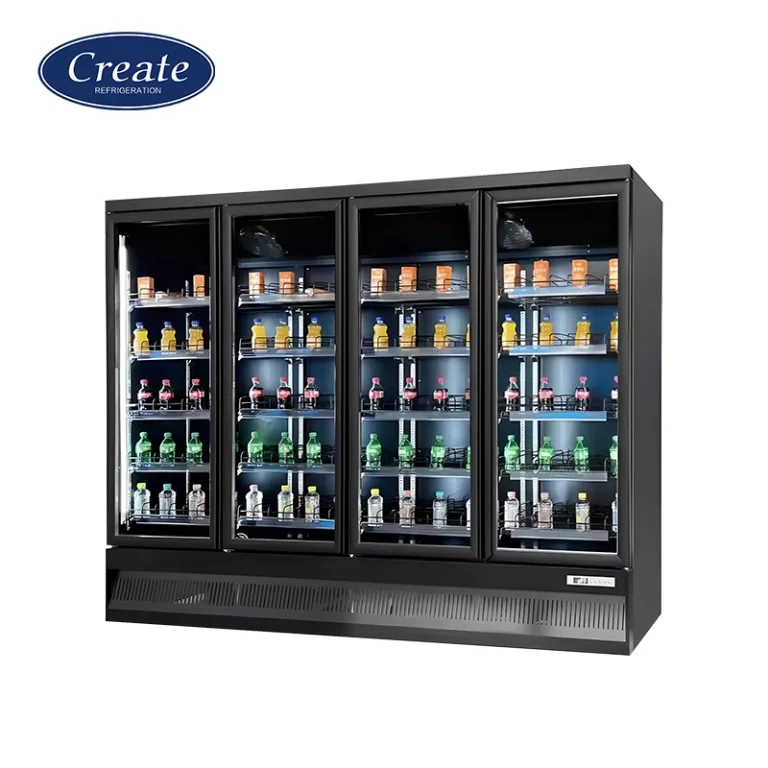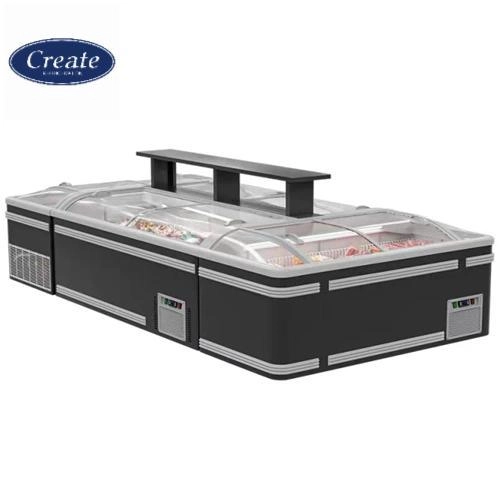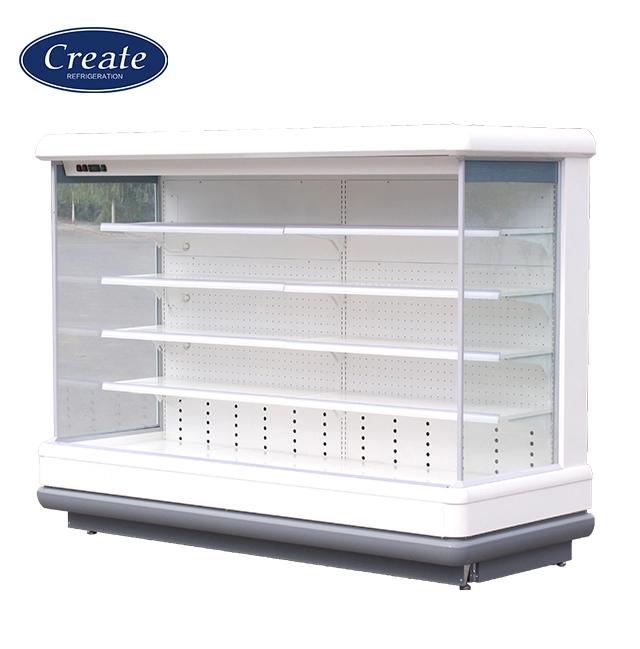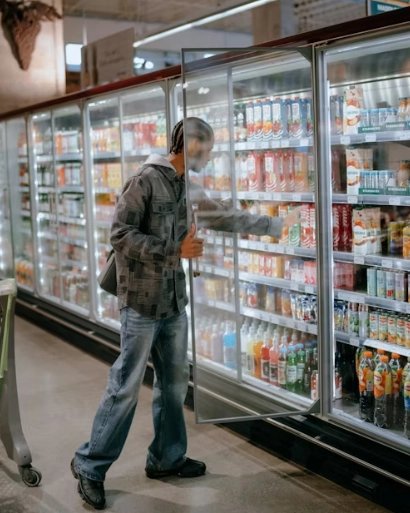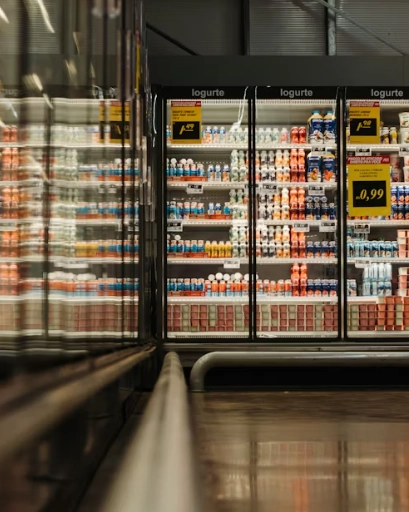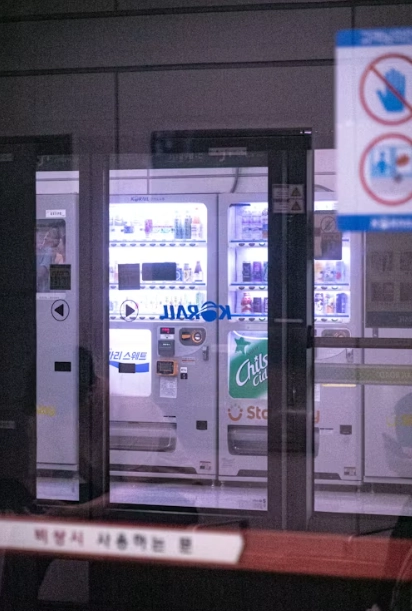Running a business in sticky, blazing-hot places is no joke. Muggy air and high temps can mess with your cooling gear, leading to warm spots, crazy-high energy bills, or spoiled food. If you’re managing a diner, grocery store, or small shop in a tropical spot, picking the right commercial refrigerator is a big deal. It’s not just nice to have—it’s what keeps your business humming.
Why the Right Refrigerator Is a Game-Changer
A fridge built for scorching climates keeps things cool, safe, and budget-friendly. Pick the wrong one, and you’re stuck with ruined products, pricey fixes, or health code violations. A smart choice saves cash and stress in the long run.
Must-Have Features for Refrigerators in Steamy Climates
Shopping for a commercial fridge or ice cream freezer in hot, humid areas? You need gear that can handle the heat. Here are the key things to look for.
Climate Class Ratings: Why They Matter
Climate class ratings tell you how much heat a fridge can take before it struggles.
Class 4 vs. Class 5: What’s the Difference?
Class 4 fridges are fine up to 86°F with some dampness. But in super-hot spots? You need Class 5. These beasts work smoothly at 104°F and 75% humidity. For places like Southeast Asia or the Middle East, Class 5 is your best bet to avoid breakdowns. Some brands test their units in crazy-hot conditions, focusing on saving energy even when it’s sweltering.
Top-Notch Insulation for Less Energy Waste
Thick, eco-friendly foam walls are a must. They stop heat from creeping in, so your fridge doesn’t burn out. This slashes your power bill, which is huge in places where fridges are always on.
Smart Airflow for Even Cooling
Good air movement keeps every corner cold. Features like double air curtains or back vents make cooling quick and steady, even if doors are opened a ton. This is perfect for busy shops. For instance, supermarket dairy and fruits display showcase units use this to keep veggies and dairy fresh, no matter how many customers are poking around.
Save Money with Energy-Smart Models
Go for ENERGY STAR® fridges or ones with inverter compressors. These can cut your electric bill by half in just a year. Over time, that’s serious savings, plus you’re doing the planet a favor.
Types of Fridges That Thrive in Hot Climates
Different businesses need different setups, all tough enough for steamy weather.
Upright Reach-In Fridges
Awesome for kitchens with medium storage needs. They stack stuff vertically and have beefy compressors to handle constant door openings in warm spots.
Undercounter Fridges for Tight Spaces
Great for cozy cafes or bars in hot areas. These save room and often have front vents for better air flow.
Display Fridges for Stores
These show off products while keeping them cool. In humid places, anti-fog tech is a must to keep glass doors clear.
Glass-Door Fridges with Anti-Fog Tech

Double-layer glass with a heating element stops fogging. Your goods stay visible and chilled, perfect for tropical shops.
Ice Cream Freezers Built for Heat

Ice cream needs super-cold temps, even in blazing weather. Units like the curved glass top chest freezer showcase are made for this. They’ve got adjustable thermostats and lockable lids to keep frozen treats perfect, no matter the heat.
What to Think About When Choosing a Fridge for Humid Spots
Specs are important, but practical stuff matters too when picking your fridge.
Match Storage to Your Needs
Don’t just grab the biggest one. Stuffing it too full blocks air flow, which messes up cooling.
Don’t Overpack It
Leave space between items. This lets cold air move freely, especially when it’s humid outside.
Where You Put It Matters
Placement affects how well your fridge works and how long it lasts.
Keep It Away from Heat
Don’t stick it near ovens or sunny windows. Extra heat makes the compressor work overtime.
Give It Room to Breathe
Fridges need space around them, unless they’re front-vented. Some plug-in models are easy to move and don’t need fancy setups, great for small spaces.
Pick Tough Materials
Humidity loves to rust things. Stainless steel insides and outsides last longer than coated metals or plastics.
Keep Your Fridge Happy in Humid Areas
A little TLC goes a long way in tough climates.
Clean Coils and Seals
Dusty coils trap heat, and dirty seals let air leak. Both make your fridge work harder. Clean them often with the right tools.
Check Temps Regularly
Use a digital thermometer or smart controls to watch temps, especially after busy times when doors are opened a lot.
Stop Mold in Its Tracks
Humidity breeds mold. Wipe up spills fast and deep-clean weekly with mold-killing cleaners to keep things fresh.
Save Energy in Hot Weather
You can cut power use without losing performance. Here’s how.
Grab ENERGY STAR® Models
These use less electricity, even in tough conditions. Bonus points if they use green refrigerants like R290.
Use Smart Controls
Smart thermostats tweak cooling based on how busy you are. They’re great for slow hours when you need less power but still want fresh goods.
Cut Bills Smartly
Night curtains on display fridges or regular defrost cycles save energy. These tricks lower costs without risking food safety.
A Go-To Brand for Cooling Solutions
Create Refrigeration nail cooling for harsh climates with their know-how.
What They Offer
Certain brands focus on supermarket fridges and shelves. From upright freezers to combo coolers, they’ve got it all, customizable for businesses worldwide.
Built for Tropical Heat
They sell direct from the factory and focus on cold chain solutions. Their designs and energy-saving tech are tested in steamy conditions, so they’re reliable when it’s brutal outside.
Quality and Support You Can Trust
With certifications like CE, ETL, and ISO, plus round-the-clock help and shipping insurance, Create Refrigeration has your back. Their “no headaches” vibe makes them a top pick globally.
FAQs
Q1: What’s the best climate class for hot kitchens?
A: For kitchens above 86°F with lots of moisture, Class 5 is the way to go. It handles 104°F and 75% humidity like a champ, keeping food safe and the fridge running smoothly.
Q2: Can a regular fridge handle humid environments?
A: It might work for a bit, but sticky air wears it out fast. Insulation breaks down, and compressors overheat. Get a fridge with tough insulation and anti-fog features for tropical spots.
Q3: How often should I maintain my fridge in a tropical climate?
A: In hot, humid areas, clean coils monthly and check seals weekly. Deep-clean the inside every two weeks. Use smart systems to keep an eye on temps for top performance.


